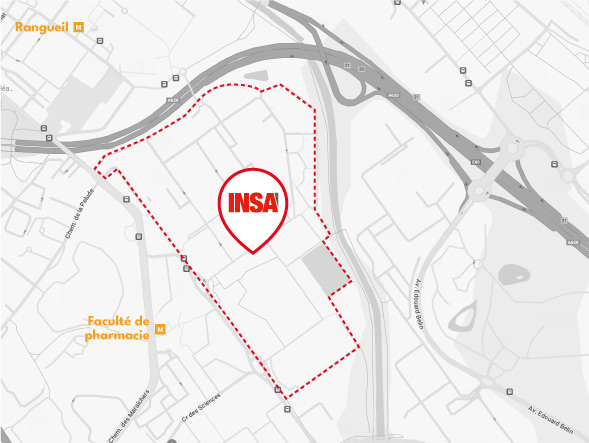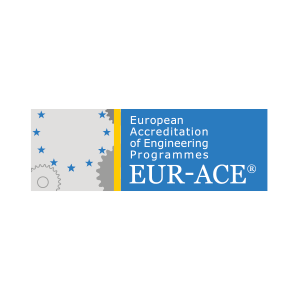Materials: Introduction to Materials Science
Atomistics (electronic structure)
Structure and concept of order in matter
Crystalline matter (lattices / perfect crystal and real crystal / crystalline defects + concept of microstructure)
Mechanical properties of crystalline materials (tensile test / elastic deformation / plastic deformation / fracture)
Electromagnetism:
Supplementary electrokinetics for magnetostatics
Lorentz force and Laplace force
Magnetostatics (Biot–Savart law, Ampère’s theorem)
Introduction to electromagnetism: Quasi-static approximation (ARQS) and induction phenomena
Brief introduction to waves (general concepts, harmonic waves, progressive and stationary waves, interference and diffraction)
Prerequisite: Electrostatics
Supplementary Control Engineering:
This course deals with sequential logic. The general structure of a sequential system and basic sequential systems (counters, flip-flops) are studied. A method for designing synchronous sequential systems with implementation via flip-flops is covered.
This course prepares for and includes three practical lab sessions.
Objectifs
Course Objective:
The aim of this course is to provide students with additional physics knowledge, especially for those who wish to continue their studies in AE (Automatic Engineering) or GP (General Physics).
The course covers three subjects:
Materials:
At the end of this course, students should be able to describe the main macroscopic mechanical properties of materials and identify their microscopic origins related to the structural arrangement of matter.
Electromagnetism:
Introduction to waves and induction phenomena.
Supplementary Control Engineering:
At the end of this module, the student should understand and be able to explain:
The concepts of sequential systems
The methods for designing and implementing these systems
The student should be able to:
Design a sequential logic system
Additionally, the student should have applied the concepts seen in Continuous Control:
System modeling
System performance analysis
Implementation of controllers
Pré-requis
Electrostatics
Combinational Logic
Continuous Control
Évaluation
L’évaluation des acquis d’apprentissage est réalisée en continu tout le long du semestre. En fonction des enseignements, elle peut prendre différentes formes : examen écrit, oral, compte-rendu, rapport écrit, évaluation par les pairs…













